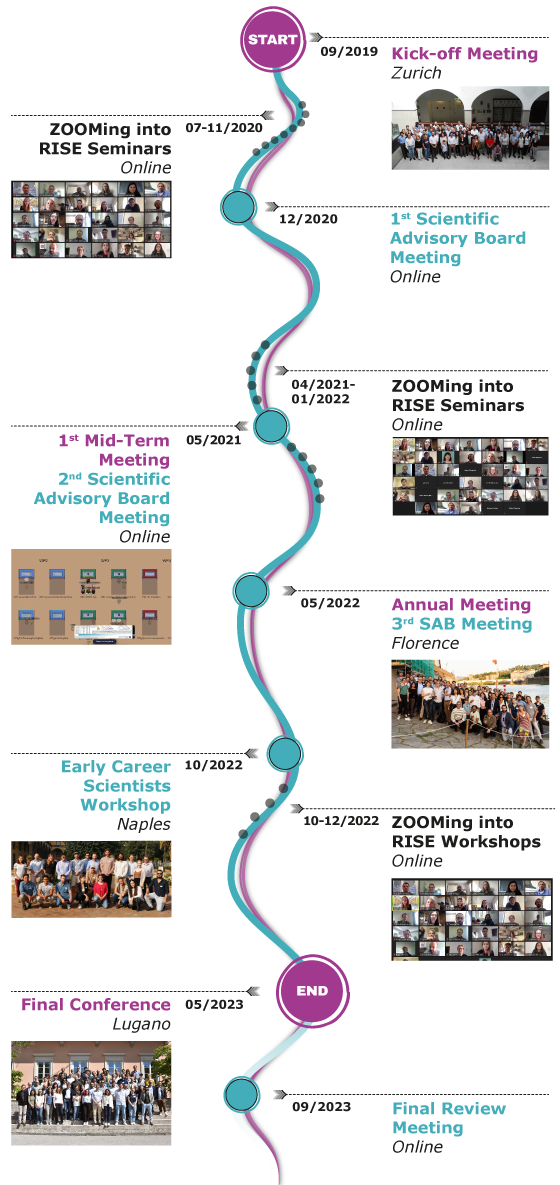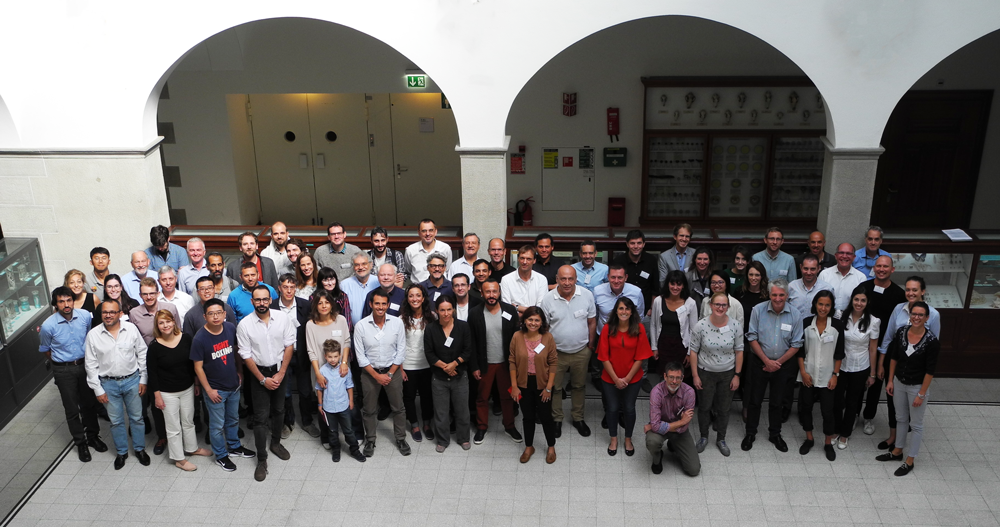Earthquakes are the deadliest natural hazard. Developing tools and measures to reduce future human and economic losses is the aim of RISE. RISE stands for Real-time earthquake rIsk reduction for a reSilient Europe and is a four-year project financed by the Horizon 2020 programme of the European Commission. It started in September 2019 and came to an end in May 2023. RISE is coordinated by ETH Zurich, it brings together 19 organisations from across Europe and five international partners.
RISE Objectives
The key objective of RISE is to advance real-time earthquake risk reduction capabilities for a resilient Europe. With an improved scientific understanding and the use of emerging technologies human and economic losses shall be further reduced. New measures are needed to compliment present efforts in implementing building codes and retrofitting existing structures.
RISE adopts an integrative, holistic view of risk reduction targeting the different stages of risk management. RISE assesses risk dynamically, taking into account varying time scales, locations, and contexts. Improved technological capabilities are applied to combine and link all relevant information to enhance scientific understanding and inform societies.
Examples of the challenges RISE addresses are
- Advance real-time seismic risk reduction capacities of European societies by transitioning to a new concept of dynamic risk.
- Improve short-term forecasting and operational earthquake forecasting by developing and validating the next generation of forecasting models.
- Enhance the quality of earthquake prediction and earthquake forecasting by launching a European collaborative effort for validation and rigorous testing.
- Contribute to the establishment of sound and rational risk reduction procedures
- Improve the preparedness of societies, emergency managers, and long-term recovery management.
RISE is multi-disciplinary, involving earth-scientists, engineering- scientists, computer scientists, and social scientists.

